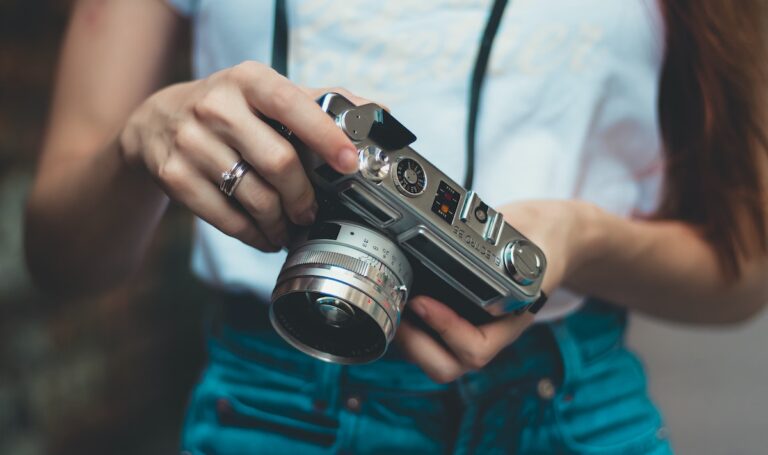In the past, you simply did not have to make a choice between any other photography methods than film. Everyone had a film camera and everyone either learned to develop their own film or took it to their local processor. Now, you do have a choice and many people who are used to film wonder, which is better. Today we have film cameras and digital cameras. Here are the pros and cons to using both digital and print photography.
The Pros of Digital
Digital cameras are great for most people. Perhaps the best thing about a digital camera is that you have instant access to the pictures you have taken. When you use a digital camera, you can immediately see the picture that you just took and determine whether or not you need to re-shoot that particular subject. In addition, when you take digital pictures, you can easily download the prints to your computer. You can store your pictures, enhance them and print them on your printer. In addition, digital prints make for easy storage. You can shoot thousands of digital pictures and store them on a couple of disk. Compare that to the boxes of printed pictures that you probably have in your home.
The Cons of Digital
There are many cons of using digital as well. For example, digital pictures are easily lost. If you are like most people, you probably download the pictures to your computer and never do anything else with them. If you do not back up your digital pictures to disk, all it takes is for your computer to crash one time and you have potentially lost hundreds of valuable pictures. Many people feel that digital pictures do not have the same look and feel as film prints. For this reason, most professional photographers still prefer to use film, instead of digital. Digital pictures can also become pricey if you print them out at home. A good quality printer paper, plus colored printer cartridges for your printer can add up quickly. .
The Pros of Film
As mentioned earlier, many professional photographers still prefer to use film to digital. If you take pictures for hobby, you can adjust your film camera to get the exact look that you want. This is not always the case with digital pictures. Some people prefer to use a film camera, so it forces them to have their pictures developed right away. Rather than leaving your memories on a disk, you have to have your print pictures printed. You will always have them in your hand to look at.
The Cons of Film
It seems that film cameras are losing popularity. Film is not as convenient as digital. He must wait to have pictures developed before you can look at them down is also expensive and having pictures processed, adds extra expense. In addition, when you use film, you must have everything on your roll of film printed out. You do not have the ability to scroll through and delete bad pictures on the spot as you do when you use digital.
When considering film over digital, one is really no better than the other. The choice has more to do with your personal preferences than anything else does. If you are considering buying a new camera, look at both film and digital to determine which ones are right for your use. I have three digital cameras, a 35mm camera and a standard film camera. If I had to choose, I would choose the digital because of the option to view pictures right away. This way you know if you are capturing the image the way you intended too. I have been caught to many times with fuzzy pictures, missing heads and so on. Another thing is with a digital camera, if you need glasses, you will still be in focus, where as with a 35 mm focus camera, you might have a surprise, fuzzy pictures, and you may never find another opportunity like that again.

